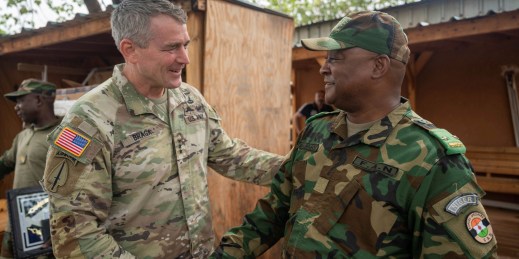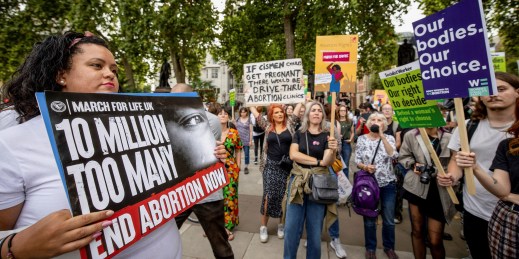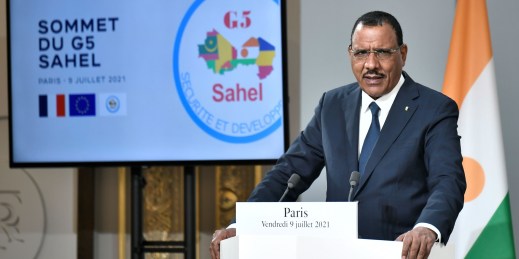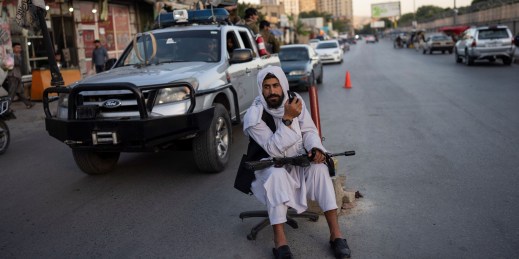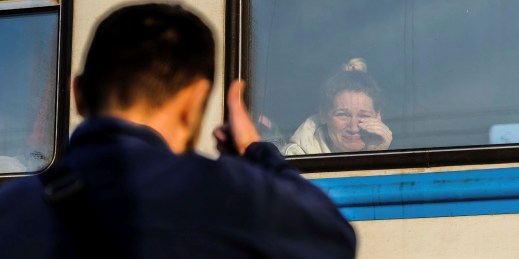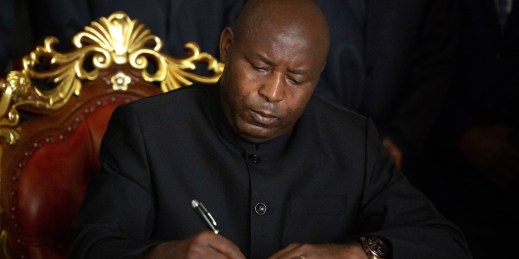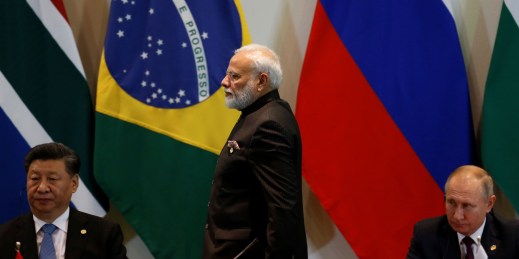
The divisive debate within BRICS over whether and how aggressively to expand membership is a sign the group lacks a clear mission and direction. But it also underscores the differences in how BRICS’ members view both the benefits they receive from the grouping and their future role in the international community.

